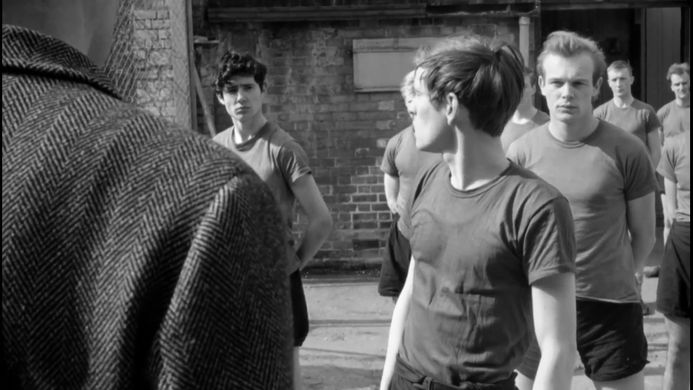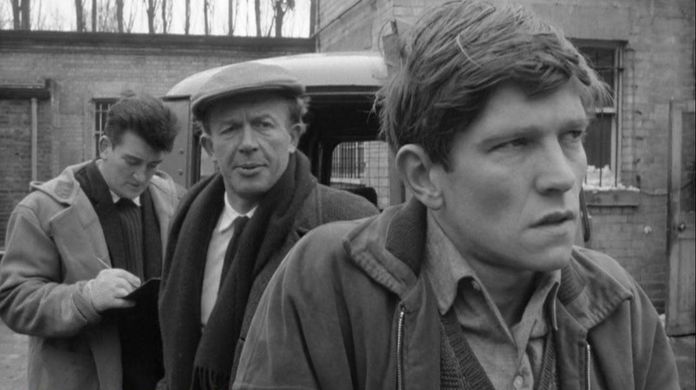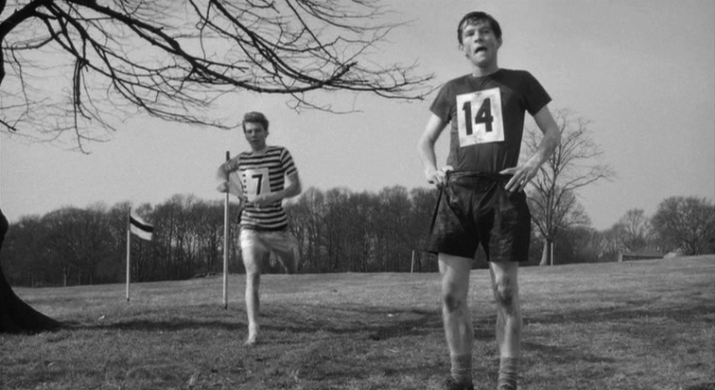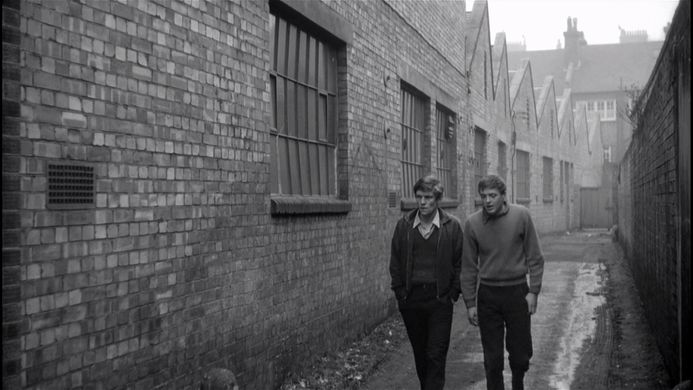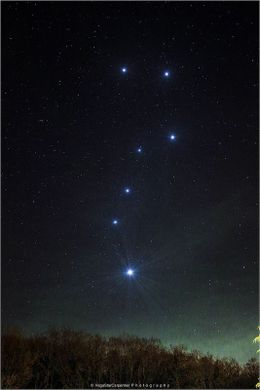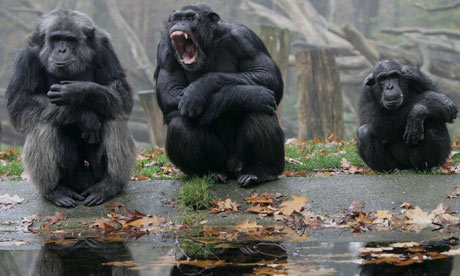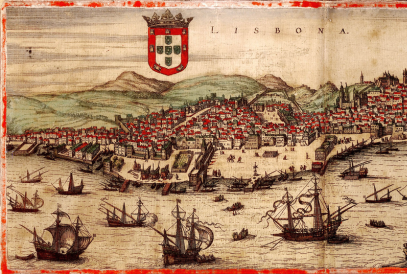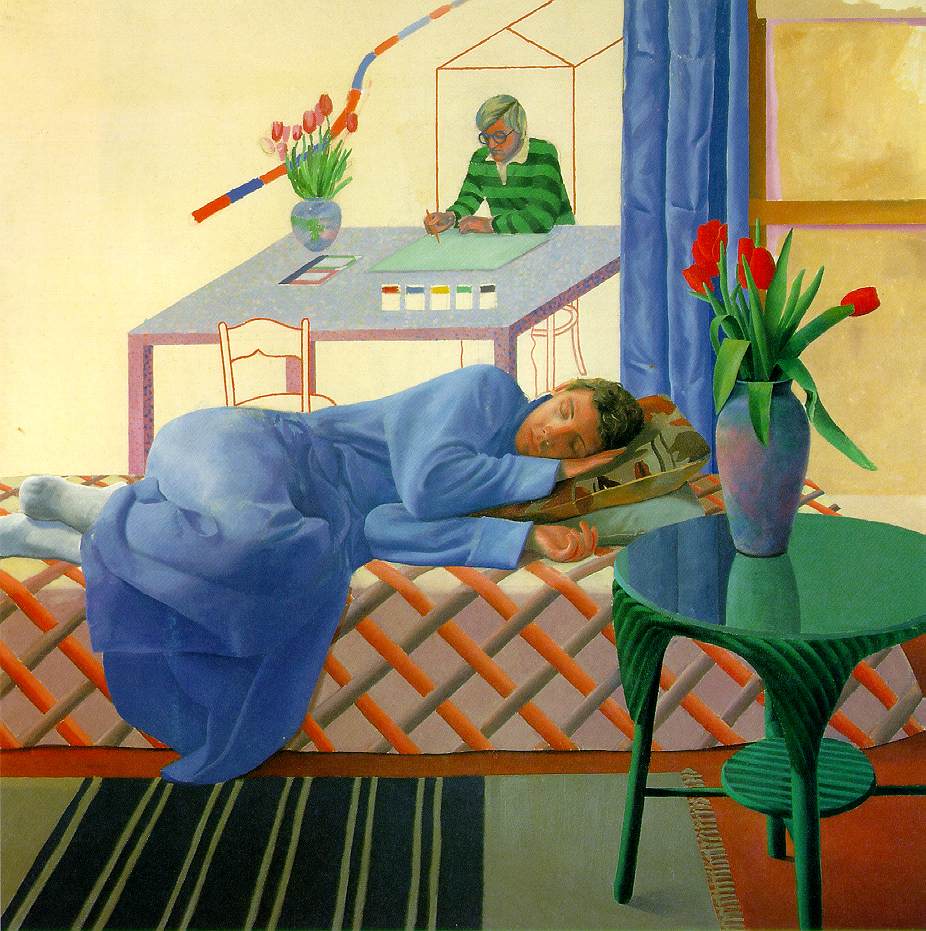(Salkow 1940) The Lone Wolf Strikes
(Hellings 1985) Doctor Who: Ep.631 ― The Mark of Rani, Part 1
(Hellings 1985) Doctor Who: Ep.632 ― The Mark of Rani, Part 2
(Honda 1966) Frankenstein Conquers the World [aka Frankenstein vs. Baragon]
(Tenold 2018) Brandon’s Cult Movie Reviews: Frankenstein Conquers the World
(Bridge 2015) How the Universe Works: Ep.28 ― Monster Black Hole
(Moffatt 1985) Doctor Who: Ep.633 ― The Two Doctors, Part 1
(Moffatt 1985) Doctor Who: Ep.634 ― The Two Doctors, Part 2
(Moffatt 1985) Doctor Who: Ep.635 ― The Two Doctors, Part 3
(Giancola 1994) Time Chasers [Mystery Science Theatre Version]
Read more »
FILMS – AUGUST 2018
First-time listening for August 2018
25172. (Giovanni Bononcini) Astarto [complete opera; d. Biondi; Valentini, dalle Molle,
. . . . . Müller-Molinari]
25173. (Wale [Olubowale Victor Akintimehin]) Ambition
25174. (Brian Ferry) These Foolish Things
25175. (Johann Sebastian Bach) Cantata #80a “Alles, was von Gott geboren” [variant of #80]
Read more »
READING – AUGUST 2018
23962. (Homer) The Odyssey [tr. Stephen Mitchell] [previously read at 4398 in Rieu trans.]
23963. (Miljana Radivojević, et al) The Provenance, Use, and Circulation of Metals in the
. . . . . European Bronze Age: The State of the Debate [article]
23964. (James Blinkhorn & M. Grove) Structure of the Middle Stone Age in Easter Africa
. . . . . [article] [d]
23965. (Sheila McCullagh) Tom Cat and the Wideawake Mice
Read more »
(Richardson 1962) The Loneliness of the Long Distance Runner
 There is more to this bleak story of a young man in a juvenile detention facility than just another bit of “social realism” or the usual formula of redemption-through-sport. There are layers and layers in Alan Sillitoe’s story, and Ralph Richardson’s film gets many of them across. It’s about being controlled, being used, being forced to play roles for others, and finally rebelling against it in a way that makes some sense. The actors clearly understood these subtleties, and avoided clichés in interpreting the roles. Tom Courtney became a star on the strength of this performance. Michael Redgrave, by then a venerable icon, worked every scene with him in delicate balance. This film still has a high reputation in the British cinema, and justly so.
There is more to this bleak story of a young man in a juvenile detention facility than just another bit of “social realism” or the usual formula of redemption-through-sport. There are layers and layers in Alan Sillitoe’s story, and Ralph Richardson’s film gets many of them across. It’s about being controlled, being used, being forced to play roles for others, and finally rebelling against it in a way that makes some sense. The actors clearly understood these subtleties, and avoided clichés in interpreting the roles. Tom Courtney became a star on the strength of this performance. Michael Redgrave, by then a venerable icon, worked every scene with him in delicate balance. This film still has a high reputation in the British cinema, and justly so.
Kurdish Folk Music

Kurdish band Nishtiman performed their second album “Kobane” Toronto, Canada, Sep. 29, 2017. The band unites musicians from the different Kurdish communities of Iraqi Kurdistan Iran, and Turkey.
For a pedigree of musical continuity, you can’t beat Kurdistan. The oldest known notation of music dates from the ancient Hurrian kingdom, in the second millenium BC. Two sacred hymns recovered by archaeologists from that ancient civilization, located in the heart of today’s Kurdistan, are in the same mode and bear a visible kinship to the Kurdish folk music of today. The modern Kurdish folk movement is fragmented: variant scenes in Iraqi Kurdistan, Iran, Syria, or Turkey, as well as a Kurdish diaspora in Europe and North America. In Turkey, singing in the Kurdish language was against the law, punished by imprisonment and physical abuse, until very recently. In Iran, however, it thrived, and in newly self-governing Kurdistan, I’m sure it must be undergoing quite a renaissance. Other than a few stray pieces on general collections of middle eastern music, the only recordings I have are one by instrumentalists Tahmoures and Sohrab Pournazeri, with accompanying vocals by Rojan, entitled simply Kurdish Folk Music, and a cd called Kurdish Dances featuring Mohammad Bhamani on dozak and sornâ, ‘Abdollâh Nabiollâhi on dobol, and vocals by ‘Abdollâh Qorbâni. But I heard a marvelous live concert last year, at the Agha Khan Museum in Toronto. The first thing that strikes the listener is the music’s accessibility. The melodies are catchy and upbeat, and not buried in the microtonal intricasies and melisma that makes it hard for outsiders to follow middle eastern music. You could easily party to this music, in a modern disco, though it is purely traditional.
Estêvão Lopes Morago
Much of the artistic achievement of the Portuguese Renaissance was destroyed by the great Lisbon Earthquake of 1755, which killed 30,000 people. Among the losses where most of the works of the composer Estêvão Lopes Morago (c.1575 — after 1630). But some of his work that survives indicates that he was very good. I have only five short pieces, recorded by the Gulbenkian Foundation choir on their Portugaliae Musica series. All are polyphonic pieces, four of them for four voices, one for a double choir of 3 and 4 parts each. The most beautiful is the Jesu redemptor, which is a litany for the dead, praying for Christ to accept the soul of the departed, and perhaps sung during the cortège, between the house of the deceased and the church. Morago was actually a Spaniard, but apparently spent most of his life in Portugal as choir-master of the Cathedral of Viseu.
FILMS – JULY 2018
(Nyby 1951) The Thing [aka The Thing From Another World]
(Craven 1982) Swamp Thing
(Tenold 2018) Brandon’s Cult Movie Reviews: Swamp Thing
(Warner 2012) How the Universe Works: Ep.14 ― Comets: Frozen Wanderers
(Harris 2012) How the Universe Works: Ep.15 ― Asteroids: Worlds That Never Were
(Harris 2012) How the Universe Works: Ep.16 ― Birth of the Earth
(Benner 1977) Outrageous!
(Moffatt 1984) Doctor Who: Ep.625 ― The Twin Delema, Part 3
(Moffatt 1984) Doctor Who: Ep.626 ― The Twin Delema, Part 4
(Borzage 1928) The River [surviving scenes]
(Thiele 1943) Tarzan’s Desert Mystery
Read more »
First-time listening for July 2018
25132. (Arthur Sullivan [& W.S. Gilbert]) The Sorceror [complete opera; D’Oyly Carte]
25133. (Global Communication) Fabric 26 [DJ Mix 12 by Mark Pritchard, 12 by Tom Middleton]
25134. (Giacomo Meyerbeer) L’Africaine [complete opera; d. Capuana; Stella, Nikolov, Rinaldi]
25135. (Kunnakudi Vaidyanathan) Golden Krithis: Colours
25136. (3 Inches of Blood) Here Waits Thy Doom
Read more »
